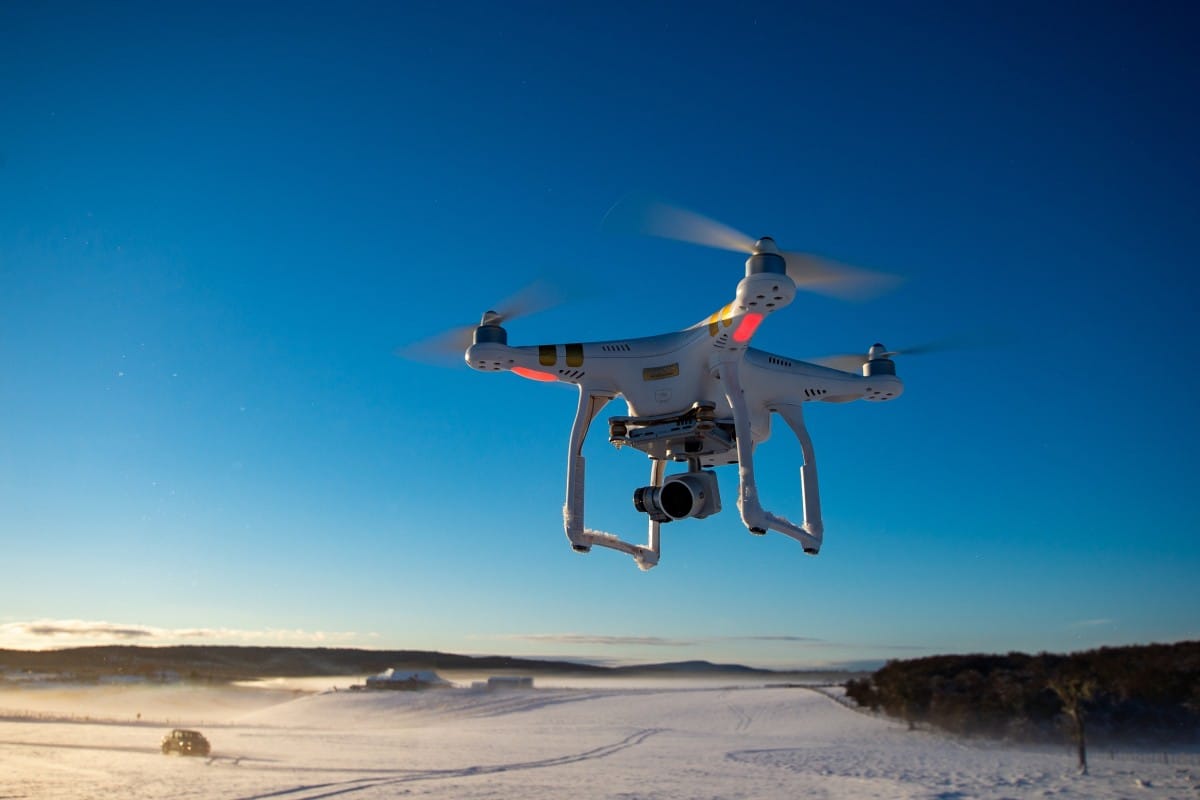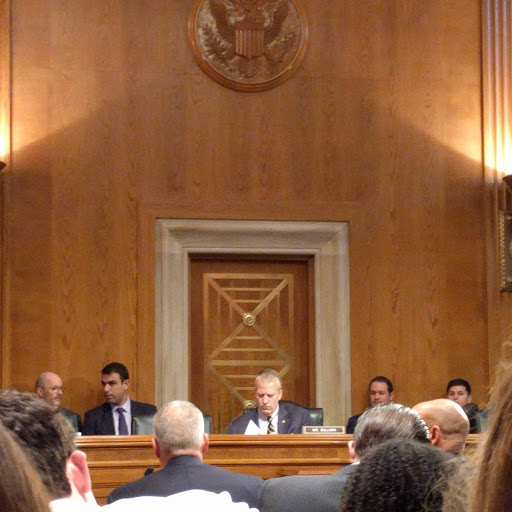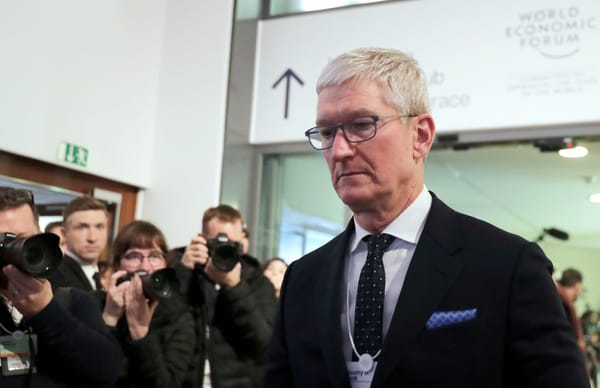Chinese Drone Manufacturer DJI is a New Target for Charges of ‘Industrial Espionage’ in Senate
WASHINGTON, June 18, 2019 – The Senate on Tuesday unleashed further criticism of Chinese technology players as witnesses told a Commerce subcommittee that unmanned aircraft systems are targets for “industrial espionage.” One witness, Catherine Cahill of the Alaska Center for UAS Integration, said th

WASHINGTON, June 18, 2019 – The Senate on Tuesday unleashed further criticism of Chinese technology players as witnesses told a Commerce subcommittee that unmanned aircraft systems are targets for “industrial espionage.”
One witness, Catherine Cahill of the Alaska Center for UAS Integration, said that the Chinese company DJI dominates the U.S. market for small, commercial UAS.
“DJI is the most cost-effective system available for many uses, including law enforcement, but the data from DJI UAS was automatically being sent back to the manufacturer in China,” she said. She was speaking at the Commerce Subcommittee on Security.

In a statement, DJI strongly disputed the allegations, and said that DJI does not share any data from a DJI drone back to the manufacturer.
At the hearing, Sen. Rick Scott, R-FL, stated that the Chinese government is “stealing” American trade secrets and “not opening up their markets.”
Part of the problem with the security of drones involves “looking at open source and invigorating our own market here in the United States,” said Harry Wingo, faculty at the National Defense University, in response to Scott’s comment.
“What we need to do is look at drones as infrastructure and consider a Manhattan Project-style investment because this relates to smart-driving cars and trucks, the Internet of things,, the internet of everything, really,” Wingo said.
However, Wingo also said that the Defense Department banned the use of DJI drones in the military.
“The Federal Aviation Administration considers cyber and data security risks and mitigations in every aspect of our mission, including as they apply to aircraft certification and systems as well as to protection of our own air navigation services infrastructure,” said Angela Stubblefield, the agency’s deputy associate administrator.
As with manned aviation, the FAA takes a “risk-based approach” regarding system and data protection regarding unmanned systems, she said.
Because of these data security issues, the FAA needs to “develop a holistic framework for detecting and mitigating UAS” and to put in place procedures for “how to respond to national security threats, which includes clarity about who has the authority to engage,” said Brian Wynne, president and CEO of the Association for Unmanned Vehicle Systems International.
China has been “very clear that they want AI dominance over the next couple of years,” said Wingo. With their capabilities put together, this results in a “very damaging information set that puts the nation at risk.”
DJI Corporate Communications Director Adam Lisberg said: “The speculation about the security of DJI’s technology presented at today’s hearing is false. As a privately-held global technology company, DJI gives customers full and complete control over how their data is collected, stored, and transmitted. DJI drones do not share any data with DJI, over the internet, or in any other manner unless the operator deliberately chooses to do so. The security of our technology has been independently verified by the U.S. government, and our products meet all of the U.S. Department of Homeland Security’s data management recommendations.”
Editor’s Note, June 21, 2019: This story has been modified to reflect DJI’s denials of some testimony at the hearing, and to include a comment from their corporate spokesman.
(Photo of DJI drone from pxhere used with permission; photo of Senate subcommittee hearing by Masha Abarinova)









Member discussion